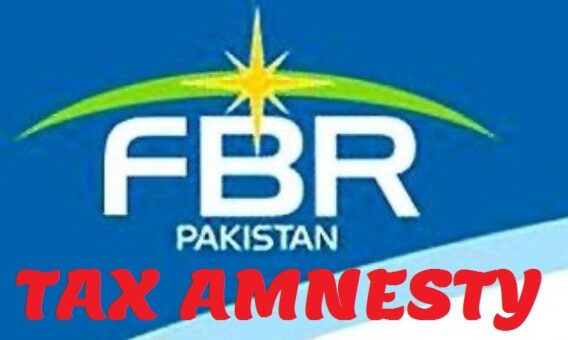ISLAMABAD: A person can share information of tax evasion and get monetary reward for the disclosure from Federal Board of Revenue (FBR) provided that the informer should be registered with a tax authority for the purpose.
According to Income Tax Rules, 2002 a procedure has be laid down for registration of an informer.
According to the rules, any person desirous of getting himself registered as an informer may make an application to the Chief Commissioner for registration.
The application shall be in the prescribed form and shall be verified in the prescribed manner.
The application shall be accompanied by the following documents, namely:
(a) copy of the Computerized National Identity Card of the applicant;
(b) copy of national tax number (NTN) certificate; and
(c) a duly sworn in affidavit stating therein that the information being provided is correct and nothing has been concealed there from and that in case any incorrect information is provided or any information is concealed he shall be liable to penal action under the laws for the time being in force.
The rules also explain the procedure for submission of information and further action thereupon.
An informer shall submit any information regarding concealment or evasion of tax leading to detection or collection of taxes, fraud, corruption or misconduct that is in his possession to the Chief Commissioner giving precise details of the alleged act along with all supporting evidences that are in his possession:
Provided that no information shall be entertained unless it gives precise details of the alleged act and is accompanied with the supporting evidences.
On receipt of the information, the Chief Commissioner shall scrutinize the information and forward it to the concerned Commissioner.
On receipt of the information from the Chief Commissioner, the concerned Commissioner shall conduct such further enquiry as he may deem fit and submit his report to the Chief Commissioner.
On completion of the enquiry, the concerned Commissioner shall take such further action as may be required under the tax laws or any other law for the time being in force, as may be necessary on the basis of the facts of the case, and furnish his report to the Chief Commissioner.
Notwithstanding anything contained in these rules, an informer, who −
(a) has knowingly provided false information under these rules; or
(b) has provided the information under these rules with the intention to intimidate or blackmail a person, or to bring him into disrepute, or to otherwise cause him financial loss, shall be liable to punishment and fine under the tax laws and other laws for the time being in force.





